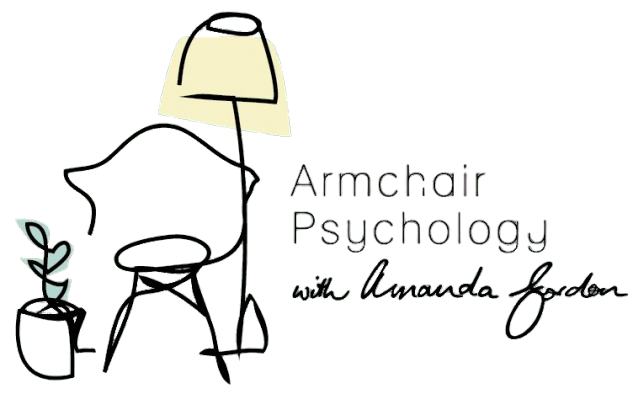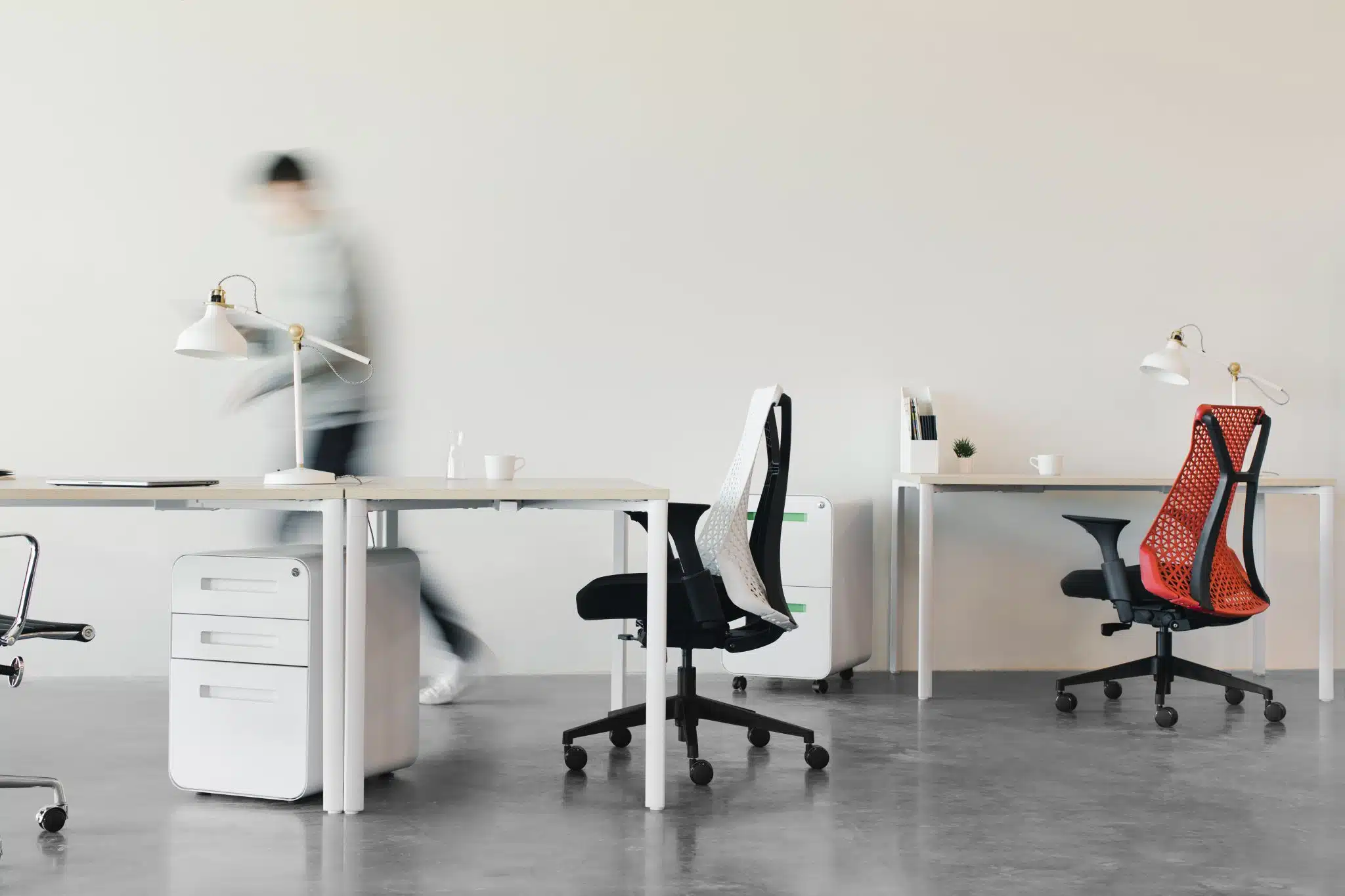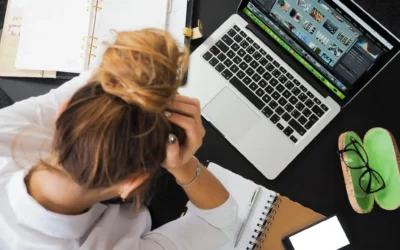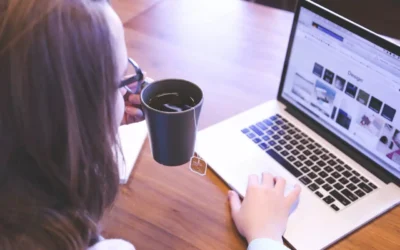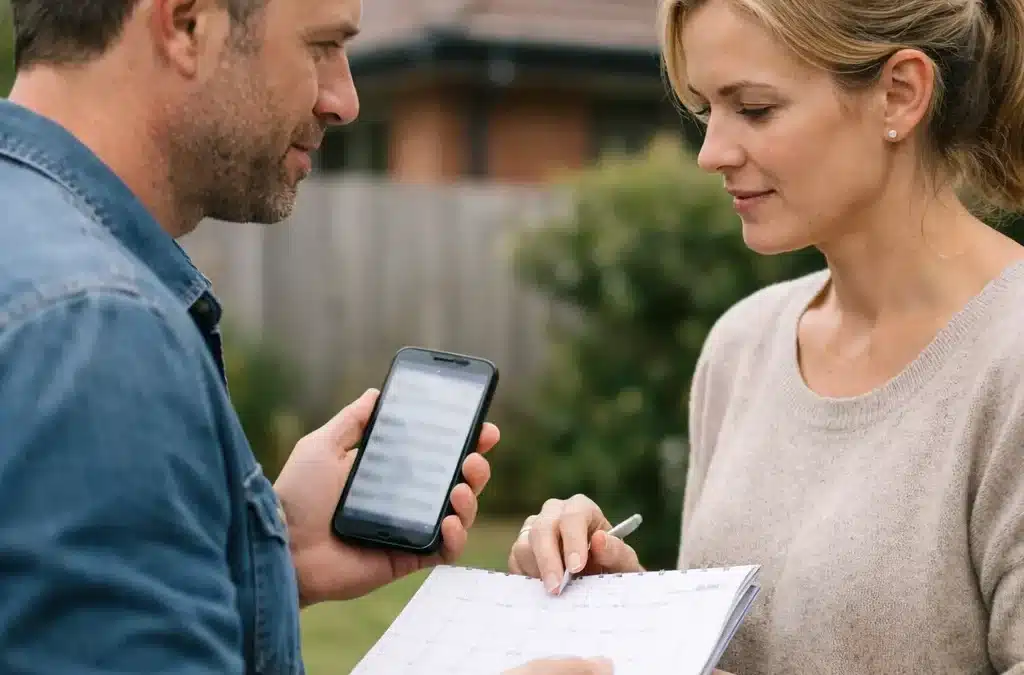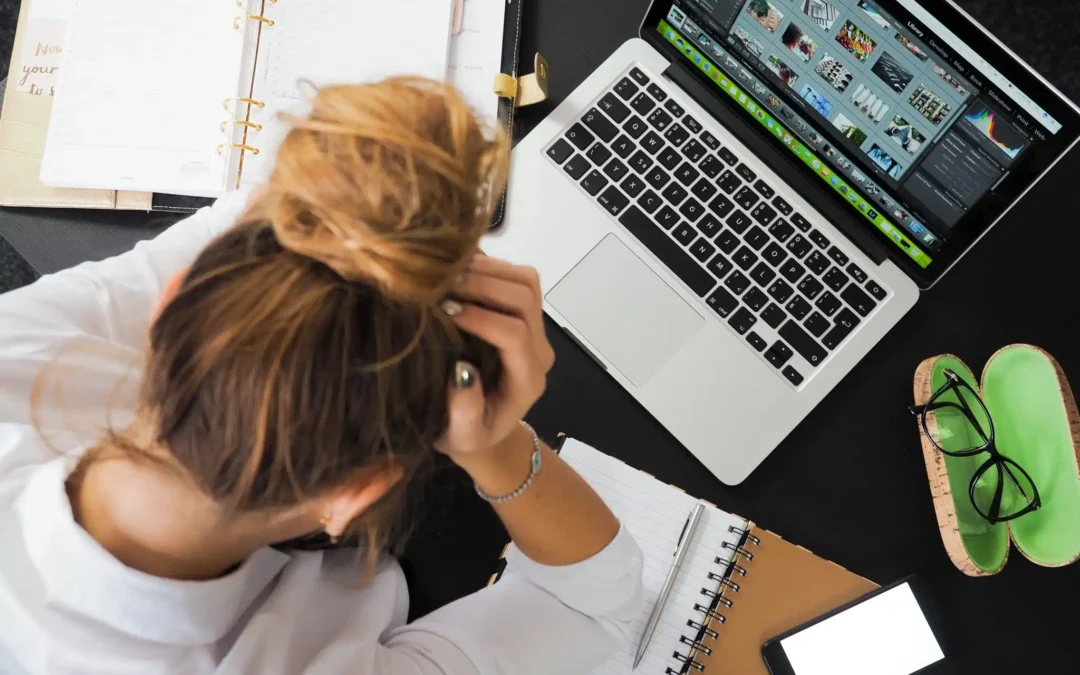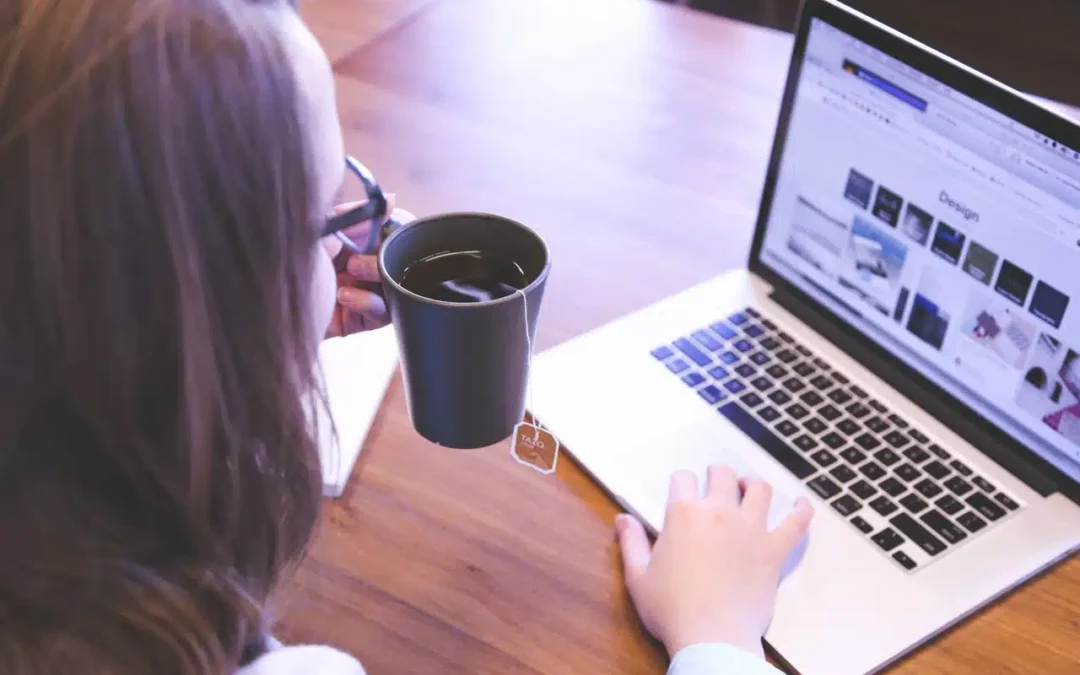Question:
I was interested to read your Work Therapy response to the question of what to do about happy, chatty office colleagues being distracting.
A family I know has a long-standing rule: silence for an hour after the early evening meal – or lunch on weekends and even at their holiday house when visitors are there. It’s time for people to read, go for a walk alone, do yoga or tai chi, or sleep or relax. Brilliant.
In the office, there could be a quiet hour when people can concentrate on reading, writing emails, thinking and creating etc… restricting non-essential chatter. Or there could be a designated quiet place (much like quiet carriages on trains). What do you think?
Answer:
Thanks for reading and for your thought-provoking suggestions.
I like the idea of a peaceful place. In fact, I worked in an office with a dedicated quiet room several years ago and people certainly used it. The problem was it was right near a fairly busy area of the building (and had a reasonably flimsy door), so it was quiet in name, but not always in nature.
I think the quiet space can absolutely work, but perhaps only in certain organisations with the space and amenity to make it work really well in practice.
What could other businesses do to help people concentrate during a busy day? This brings us to your idea of the quiet period. I asked clinical psychologist and director at Armchair Psychology, Associate Professor Amanda Gordon, what she thought about designated times for more concentration and less talking.
“I do think it is very sensible to designate non-interruptible times in the workplace. However, I think my solution to this would be a little different,” she says.
“Although a quiet hour may suit some people, there are individual differences in terms of time of day and context people have which may mean specifying that ‘during these hours you will be creative’ may be unworkable. And just saying you can’t have unnecessary chatter could actually diminish creative output in teams.”
Instead of stipulating a particular hour during the day to keep social discussion down, Associate Professor Gordon recommends a general change in the culture, encouraging people to ignore distractions in several different ways.
“It [could be] acceptable for people to not respond to emails immediately they receive them. Perhaps they may close the door or put a ‘do not disturb’ sign up. Maybe people need to take responsibility and alert their team members that they are not available during certain hours because they need some uninterrupted time to do whatever task is at hand.
“The key to a healthy working environment is that everyone is able to communicate their needs. Usually solutions such as the above can be found, and that can be without anyone feeling compelled to keep their mouths shut.”
Associate Professor Gordon says that, in part, a comfortable environment comes from everyone taking personal responsibility and in part from good leadership.
“Creating space like this depends on the managers modelling that behaviour themselves – ‘I am not available for you between 11 and 1 this week, as I have to focus on a specific task” – and congratulating their staff when they also assert themselves and make a time for good, focused work.”
As seen in the Sydney Morning Herald. Follow this link to read more.
